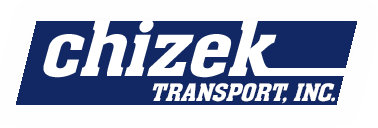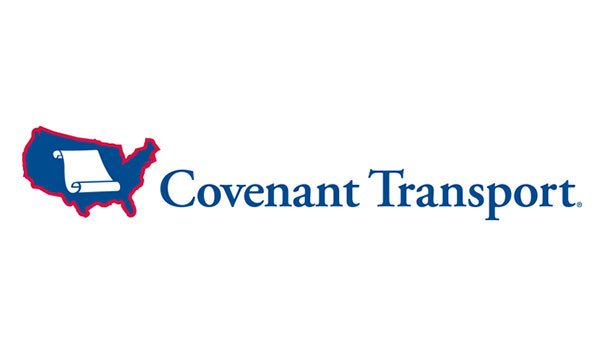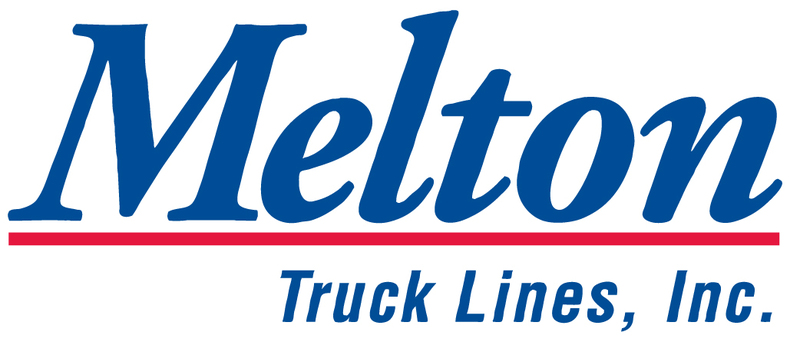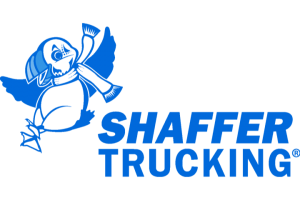A Clean MVR & Safety Record
As a driver, your safety record and your MVR (motor vehicle record) are two items that are of the utmost importance to your career. Regardless of where you go, carriers will scrutinize your MVR and overall safety record.
Your MVR is an official document that contains information regarding moving and non-moving violations. Moving violations are the more harmful of the two to have on your record. Whether it's speeding, running a stop sign, careless driving or some other moving violation, these weigh heavily in a carrier's decision whether to hire you or not. Most carriers allow two or three moving violations in the past three years. Any more than that and you will have trouble finding and maintaining employment.
Violations
There are more severe moving violations that are less tolerated. For example, if you have a "careless" or "reckless" driving citation on your MVR, that does not look good. The biggest of all driving sins is the DUI or DWI. Any alcohol- or drug-related driving infraction pretty much spells the doom of your driving career with major carriers. These violations typically remain on your MVR for seven years. In addition, accidents where you were cited and deemed at fault will appear on your MVR, and these are less than helpful when trying to gain or maintain employment as a driver.
The non-moving violations are less severe, but can still pose a problem. The one non-moving violation that shows up on an MVR, but is often taken lightly by the driver, is the overweight ticket. As a driver it is your responsibility to make certain your truck is loaded properly. If you have a number of these overweight violations, a carrier may deem you to be somewhat irresponsible. There are other non-moving violations that are similar in nature as well--logbook violations for example.
In addition to the MVR, your safety record is important. How many accidents have you had? How many incidents have you had? And, whose fault were they? These are all things carriers look at.
Safety Records
Safety records are also incredibly important when it comes to changing jobs or moving up in a company. One of the first things a recruiter will ask you about is your safety record. If your safety record is good then you will have a good chance of being hired. If your safety record is poor, or even questionable, then a red flag is raised in the mind of the recruiter. The recruiter will look extra close at your application and will take a little more time to check you out. Why make it harder than it needs to be? Why not just do your best to maintain a solid safety record, thus making it easier to find the job you want?
Safety not only pays with gaining or maintaining employment, but there are often monetary rewards as well. Most companies have safety programs in place where awards, often times of monetary value, are given to those drivers that are safest. It may be a million mile award winner, or companies may have quarterly or monthly awards, but most companies value safety and reward accordingly. Why not do your best to take advantage of these awards? The awards, in essence, are free additional compensation for simply doing the job that is expected of you.
Another way safety pays is by providing a regular income. Yes, you can attribute your income to safety. Just think, if you wreck your truck you can't drive it. If you can't drive, you can't make money. Again, if you wreck your truck and are injured, you can't drive. If you can't drive, you can't make money. To be safe, all you have to do is what's expected of you. Just drive the truck and be aware. Safety should not be taken for granted--ever.
When you look at your career and where you want to go with it, it is important to realize that your MVR and safety records are of vital importance. Not only is it important to your career, it is also important to your financial stability, health and the health of others. Your safety and MVR records provide a good picture as to what kind of driver you are and how seriously you take your responsibilities. Recruiters look long and hard at safety and so does your current employer. Safety should be taken seriously--your career depends on it.















